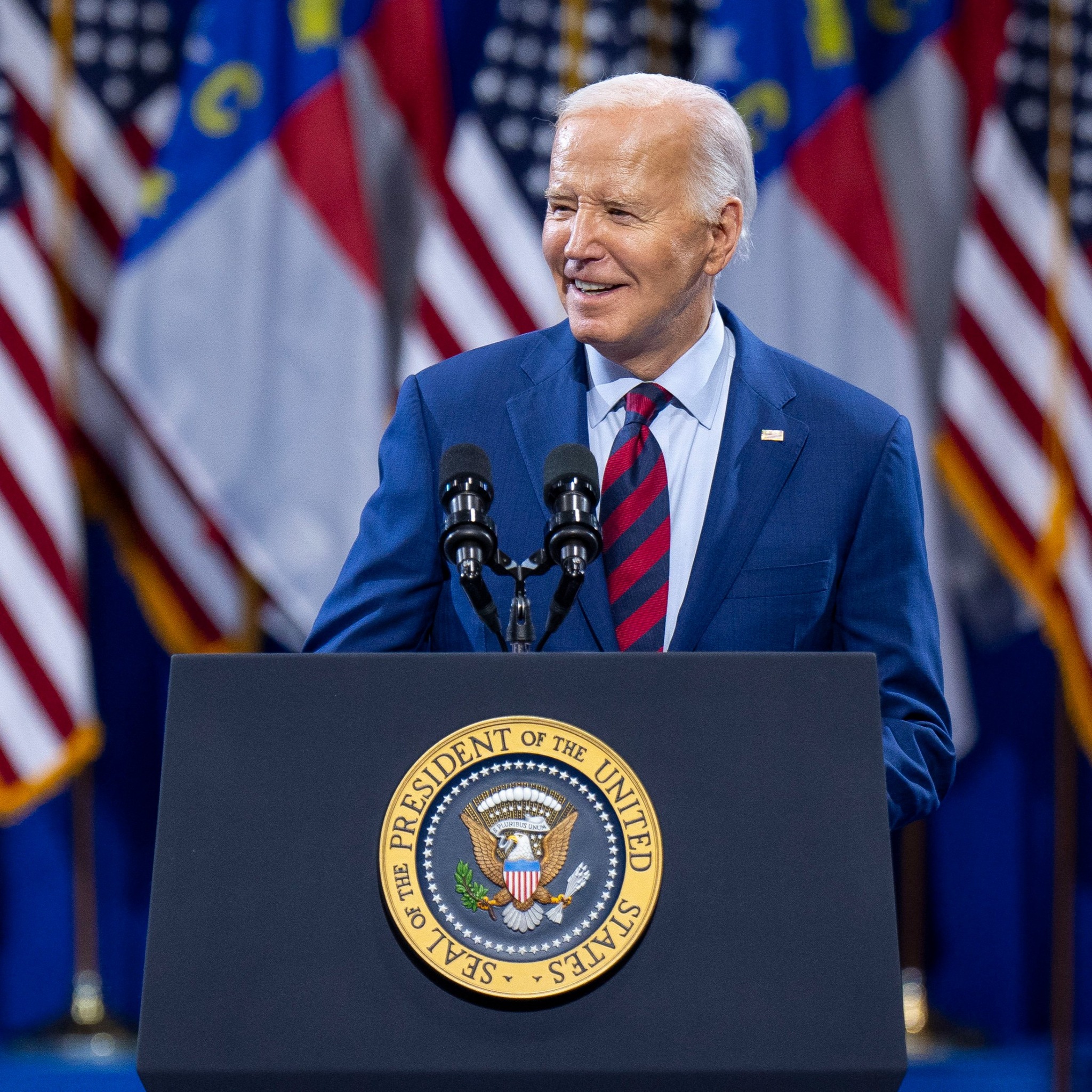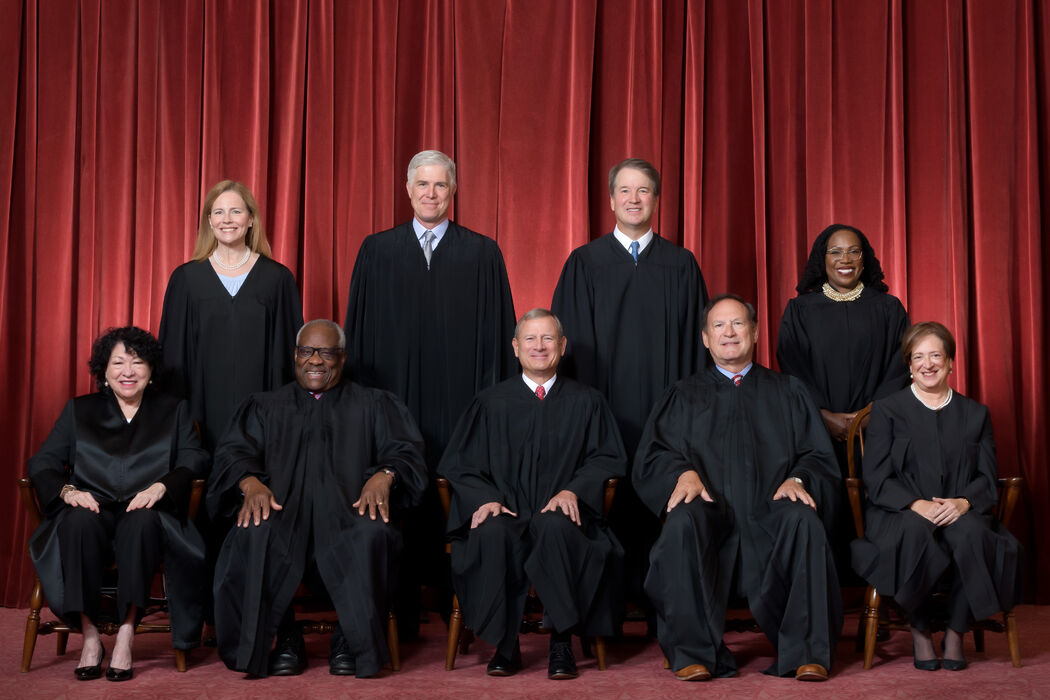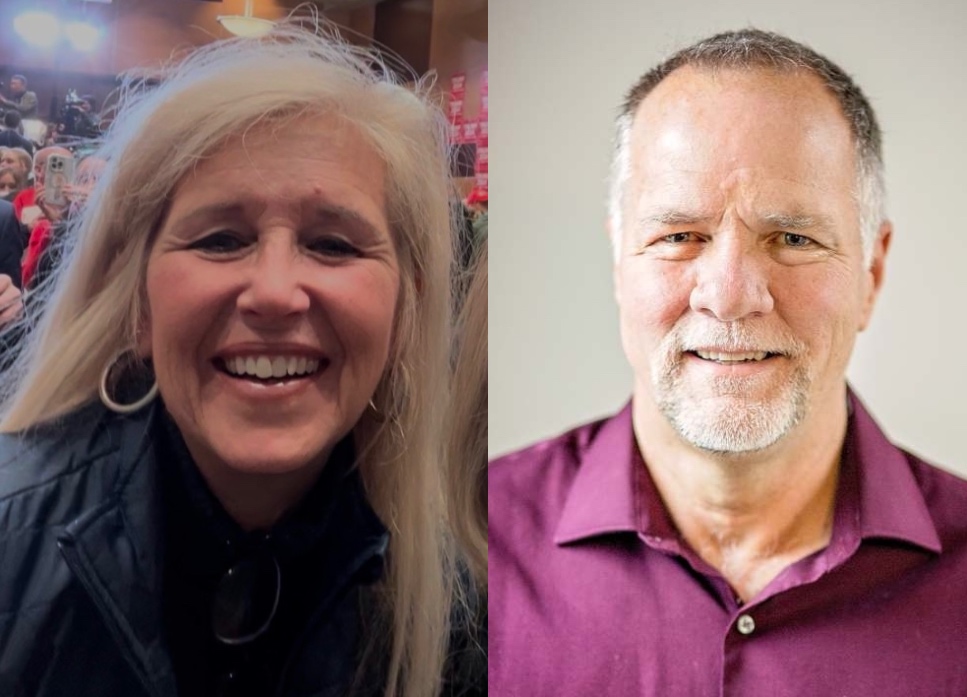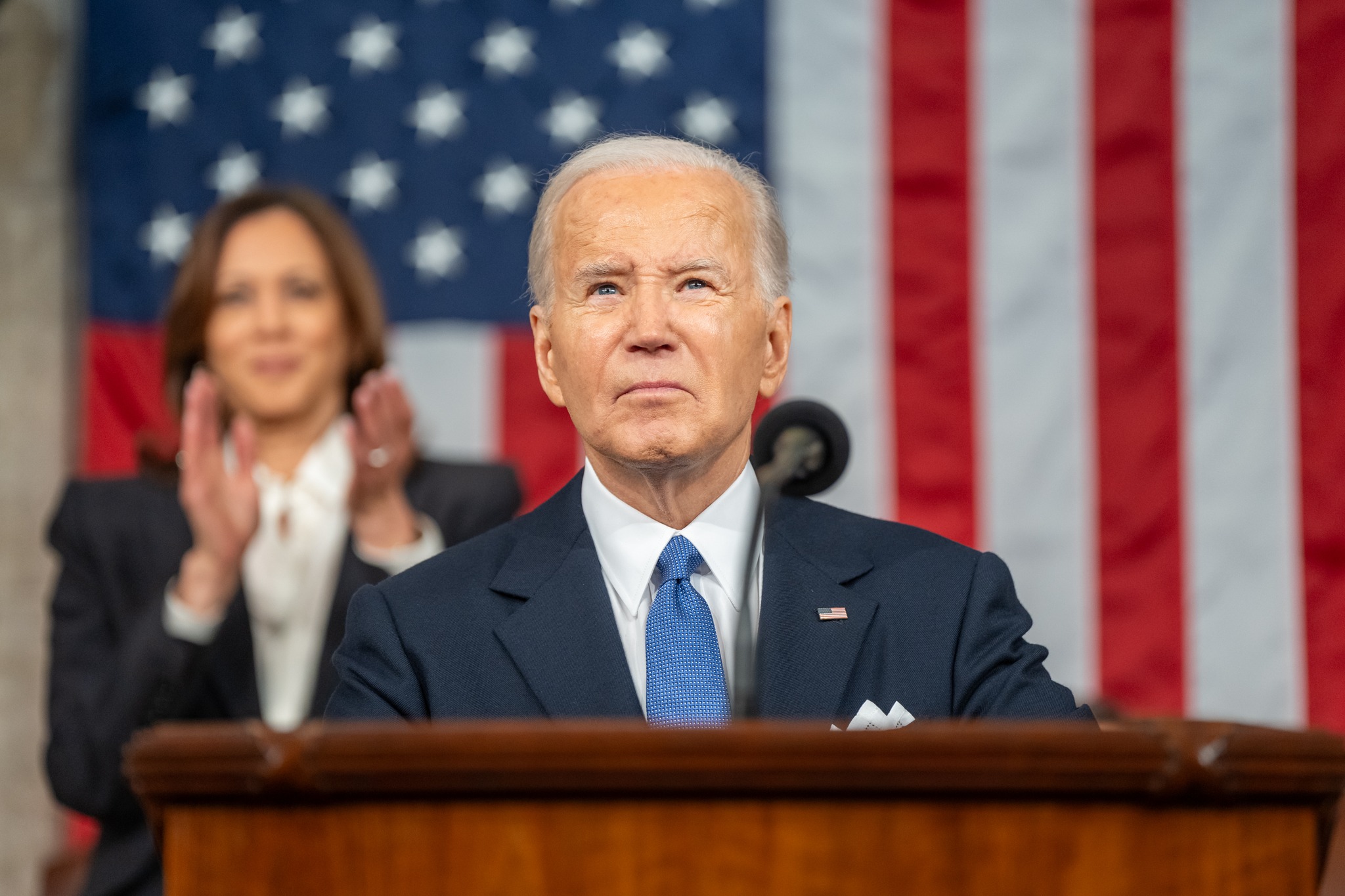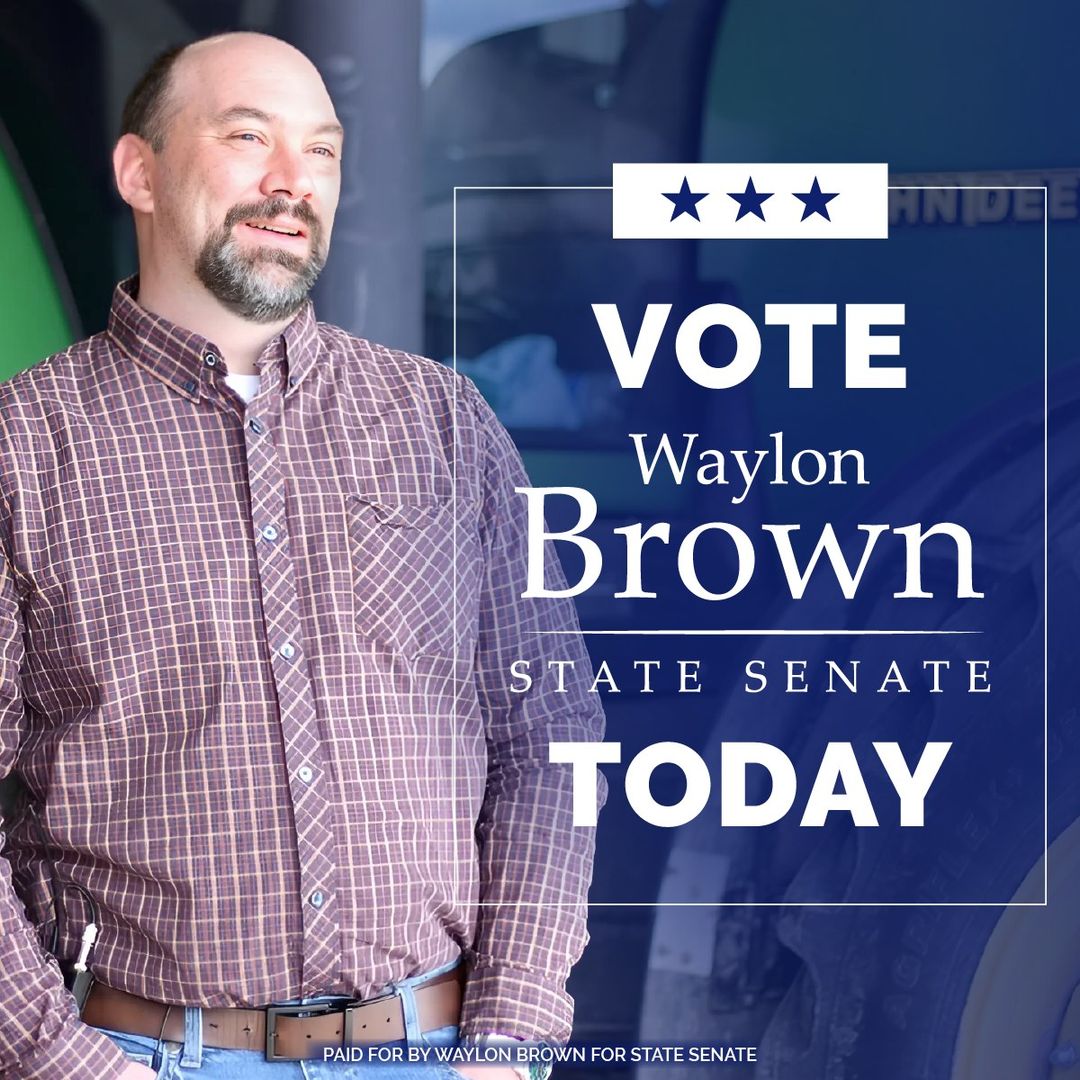Henry Jay Karp is the Rabbi Emeritus of Temple Emanuel in Davenport, Iowa, which he served from 1985 to 2017. He is the co-founder and co-convener of One Human Family QCA, a social justice organization.
I live in the Quad Cities, which unite the states of Iowa and Illinois across the Mississippi River. It always has been a point of community pride that we are the home of the international headquarters of John Deere & Company, the major producer of farm equipment.
Since long before my family relocated to this community, it also has been a point of communal pride that Deere was a model of positive, active corporate citizenship.
Upon reading the Quad-City Times article titled “Deere rolls back diversity, equity, inclusion initiatives after conservative backlash,” it has become clear to me, in the words of Bob Dylan, that “The Times They Are A’Changin’.”
Continue Reading...


